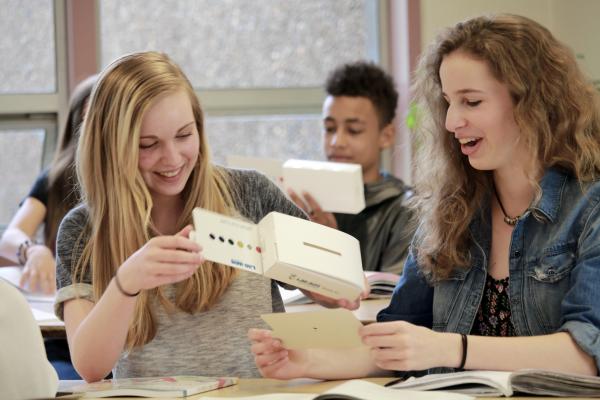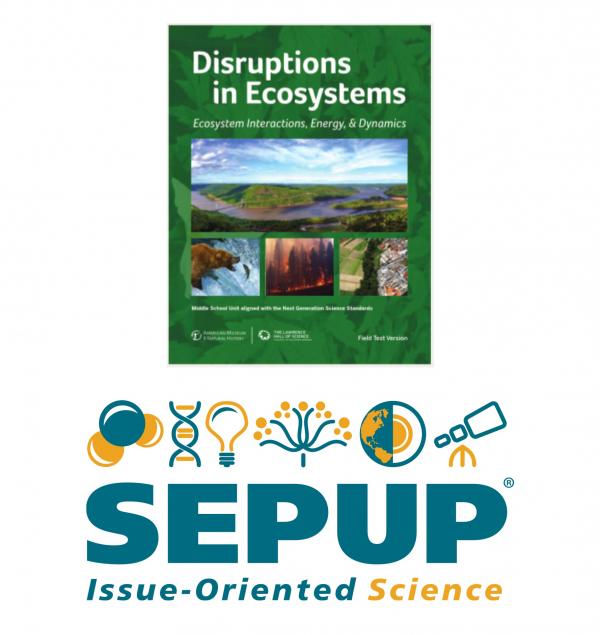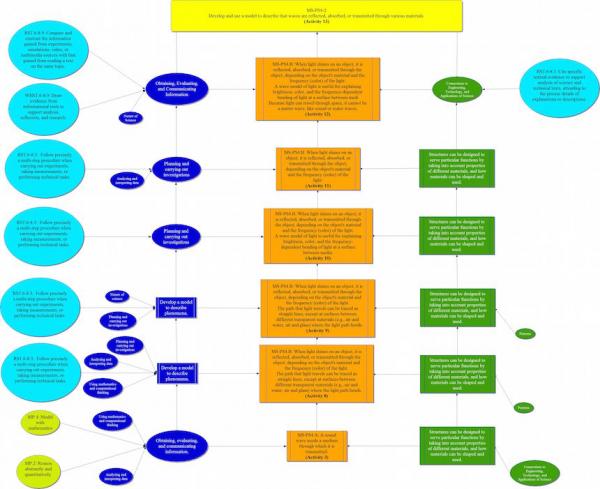Issue-Based Science | Developed by SEPUP | Lawrence Hall of Science

The issues in SEPUP's Issues and Science are like anchoring phenomena with more, and broader, connections. Not just an event or process that links scientific content - it is a big idea that is relevant to students' lives and is anchored in real-world events. These issues connect the why for students, "Why does this matter?"
Issue-oriented science forms the foundation of SEPUP’s curriculum materials and it is the only secondary science program to do so.

SEPUP, the Science Education for Public Understanding Program, has been researching and developing well-respected secondary science curriculum for decades. Years of experience combined with current understanding of best practice, led SEPUP to be selected to partner with the American Museum of Natural History and the University of Connecticut to design a model middle school curriculum unit and PD program. Funded by a grant from the NSF to support the vision of the NGSS and related Common Core State Standards, this unit has been recognized by Achieve as the one of the highest rated example for middle school and is publicly available to use.
SEPUP has also released 17 new middle school units, designed for the NGSS, available for purchase through Lab-Aids.
Three Dimensional Learning

Learning Pathways
Alignment documents, like those in the Teacher Edition and Teacher Resources, have value during a curriculum review. But no matter how thorough, it is difficult to visualize the connectedness of the three-dimensions in such a format. Enter the Learning Pathway - a tool used by SEPUP during development to be sure the curriculum truly weaves the dimensions together.
The focus of student learning in these instructional materials—both instruction and assessment of learning—is on student performances that integrate all three dimensions.
Issues and Science | Explore the units
Finding the evidence
While nothing can replace thoughtful Professional Development and actually trying a new program in the classroom, some work needs to be done before those later steps. What do you look for when weeding out curriculum options? What is important to prioritize at your school or district? How do you arrive at your final top choices? Watch this video to get a sense of what evidence of NGSS design is offered in SEPUP Issues and Science: Designed for the NGSS and where to find it.